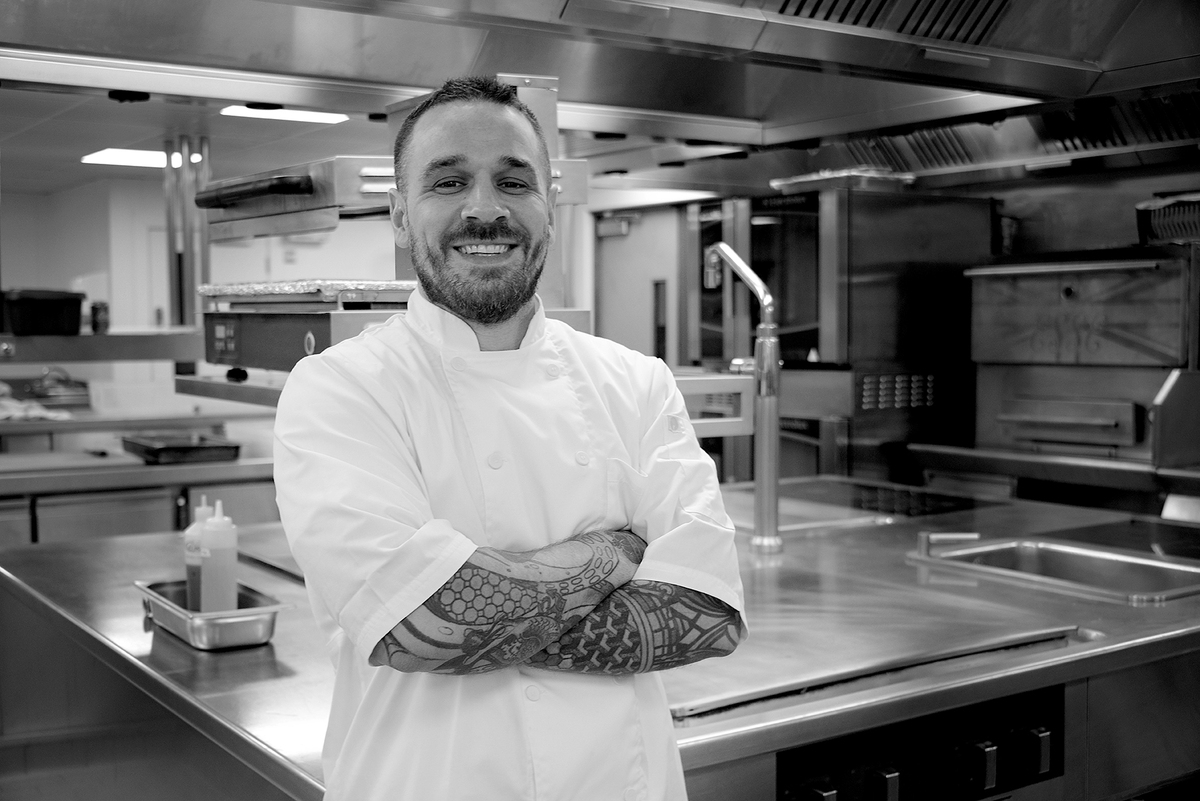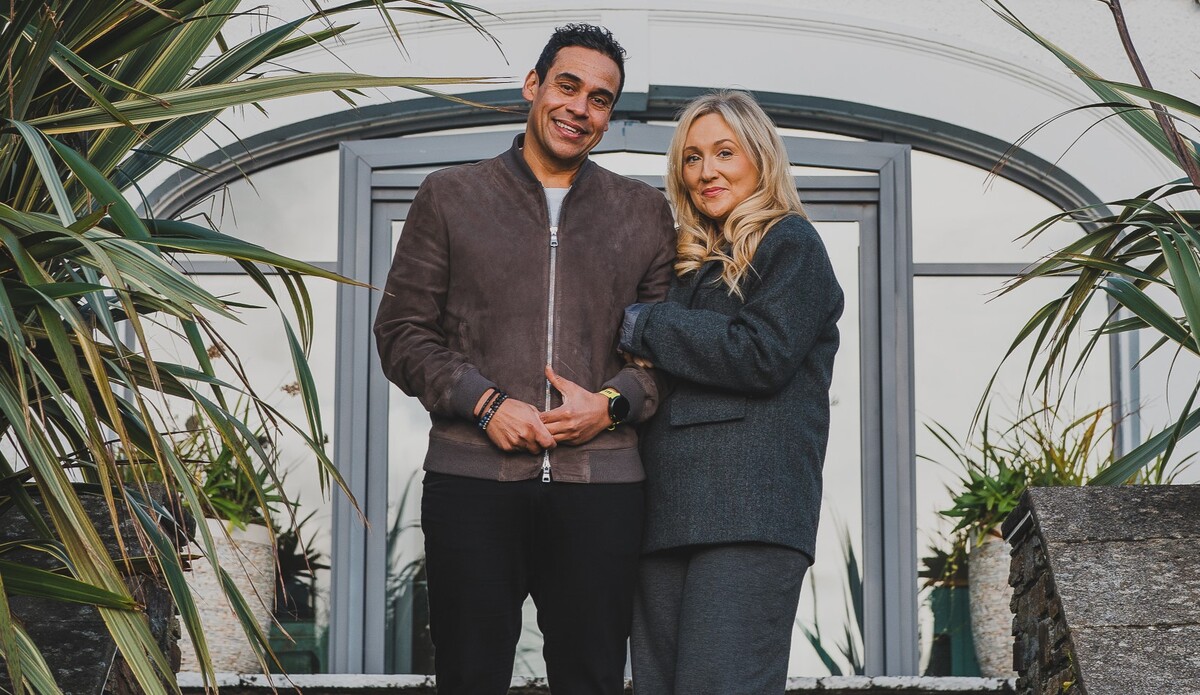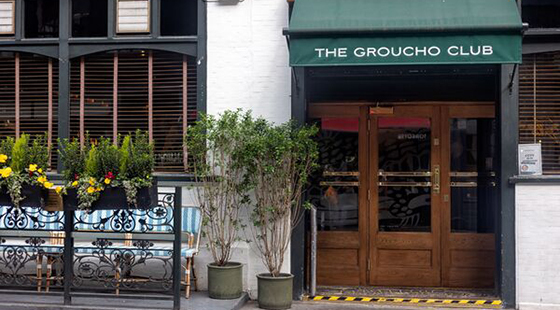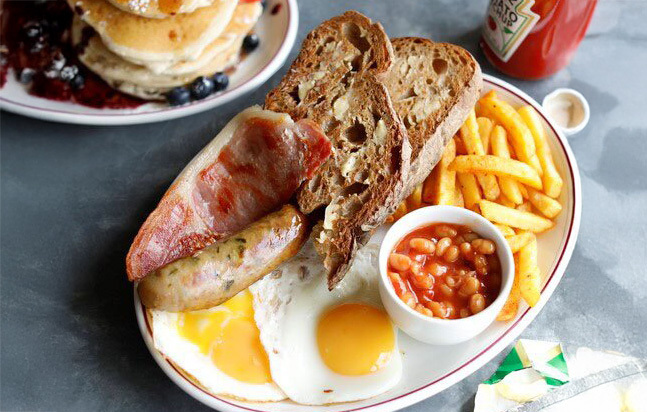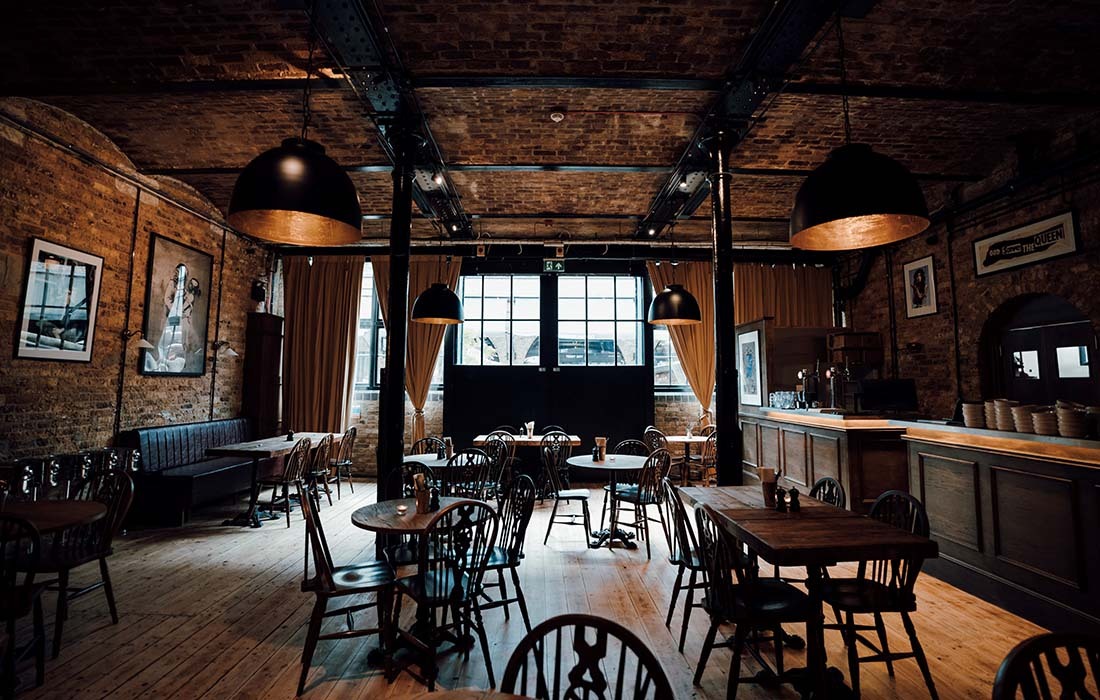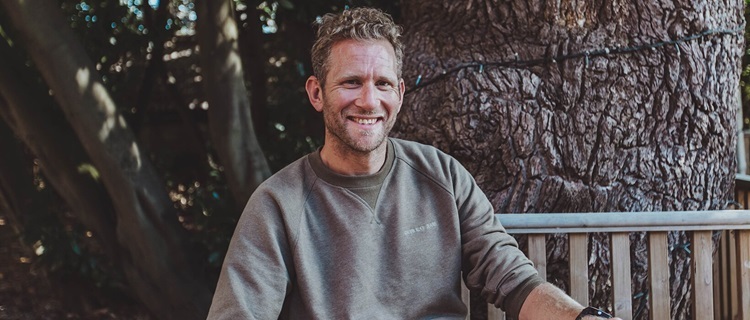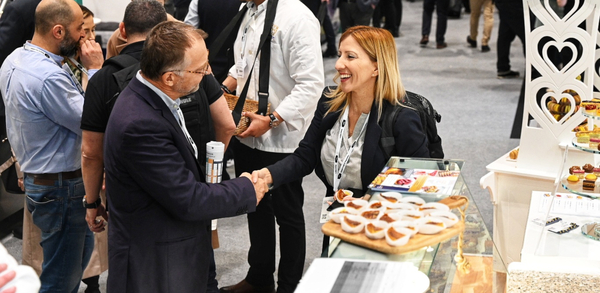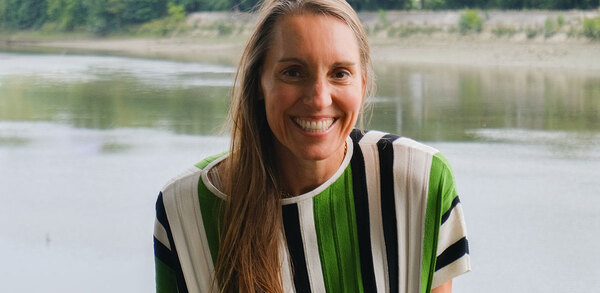Better business: The Traddock
The Traddock hotel, in the picturesque Yorkshire Dales National Park, combines character with green credentials, says Leyla Kazim
This week The Traddock in Austwick, near Settle in North Yorkshire, in the Yorkshire Dales National Park
Why? It's only the fourth hotel in the county to achieve a gold award in the nationwide Green Tourism scheme. It was also crowned The Good Hotel Guide Country Hotel of the Year 2014
Facts and stats
Occupancy rate for 2013 83.4%
Number of rooms 12 with plans for expansion to 17
Average room rate £115 per room for bed and breakfast. The hotel has flexi-rates, meaning prices go up and down all year round
Number of employees 20, plus contractors for gardening and maintenance
General manager Paul Reynolds
Head chef John Pratts
Green officer Sabrina Gibson
Need to know
Surrounded by the scenery of the Yorkshire Dales National Park, the Traddock is very much a family-run affair. Along with his wife Jenny Reynolds and his parents Jane and Bruce Reynolds, general manager Paul Rey-nolds has owned the 12-bedroom, grade II-listed Georgian country house since November 2002.
Bruce's early retirement from banking manifested itself into a desire to purchase and run a B&B. Although Bruce and Jane immediately fell for the Traddock, they realised its size was beyond their means. Paul and Jenny (who have backgrounds in sales and marketing and the hotel industry respectively) offered advice and soon became business partners.
The hotel had previously been run by the same family for 35 years and little had been done to the building during this time. "It was very much a relic." Paul says.
During these early periods, a lot of resource was spent on cosmetic lifting and infrastructure improvements, while at the same time introducing the environmental and efficiency principles the Reynolds hold so dear.
Target market At the start, a typical guest at the Traddock was in their early 60s, retired and looking for the country house experience. Today, the hotel welcomes a broad variety of guests from different backgrounds. âWe get everyone, from young couples looking for a romantic retreat to parents escaping the kids, empty-nesters and the retired. Itâs very varied and thatâs what we like to see â" people of all ages enjoying it for different reasons,â says Paul.
Many of these guests have visited before. âAn enormous number are repeat customers â" about 54%. Thatâs a very key part of how weâve managed to grow and make the business successful â" people like what we do,â he says.
How does it stand out?
The Traddock prides itself on being cosy, welcoming and characterful, while at the same time having a modern emphasis and a very high standard: âWeâre not one of those places that try and get away with being old, chintzy and tired,â Paul says.
The staff are also key to its success. âThe team weâve built over the years is hard working, very caring and they are people who naturally enjoy looking after others â" itâs all about the people,â he adds.
Then there are the constantly evolving eco-initiatives that have helped the Traddock achieve its exemplary green status. These include a locally sourced slow food-inspired menu, with many food items being made on-site, extensive herb and wildlife gardens, green cleaning products, low-energy lighting and double-flush toilets, as well as supporting local volunteer-led initiatives, such as helping to keep the local swimming pool open.
Marketing
A few years ago, the family realised that the internet was the way forward with their marketing. âWe turned our marketing budget upside down and moved from printed communication to putting our efforts into the website,â says Paul.
He suspects the hotelâs website and booking platform may be more suited to a large hotel than a small one, but favours the flexibility, responsiveness and agility to sell the rooms aggressively. âItâs all about making sure people are aware of any spaces we have, and trying to fill those to maximise occupancy,â he says.
The focus is around reducing the presence of online travel agents by driving business to the website by using search engine optimisation and social media, but they still work closely with printed media from a PR point of view.
The return on this investment is high, with 96% of bookings coming from online sources.
Best business advice
Paul believes keeping on top of trends in the industry is paramount to staying ahead of the competition. âThe quality and standard of rooms, fixtures and fittings expected by guests now is enormous. Hoteliers should ensure that, as they refurbish and invest in a property, they build in redundancy so that it allows them to keep up with trends.â
Paul also suggests spending the majority of marketing budgets on an internet presence. âItâs the only channel that delivers every single day â" itâs a resource that really works,â he says.
Creating and looking after a great workforce is also crucial: âItâs about building a strong team that work well together and have respect for each other. The people we have developed with the business are key. They enjoy the community and camaraderie, which creates a positive working environment,â says Paul.
âWeâre a family business, so my mum has âadoptedâ the majority of the team and treats them like her children.â
Future plans Due to the high occupancy rate and the conservative number of rooms, the Reynolds often find themselves having to turn away potential guests, particularly at peak periods. To address this, they have obtained a planning application for a small extension to the building to increase the number of rooms from 12 to 17.
âAfter speaking to the listed building conservation officers and the National Park planning officers, we think this is an achievable addition to the building without changing it too much,â says Paul.
âThe house was originally built as a private home and itâs been gently adapted to become a hotel. But some areas â" particularly the kitchens and service areas â" are small and old and were never designed to deal with the volumes we deal with. The opportunity here is to redesign, extend, and put in a more professional back-of-house operation.â
Environmental credentials
The Reynolds have spent £2,000 on a bottling system, which uses reusable and recyclable bottles, to supply the rooms with drinking water. This has saved £200-£300 a month and reduced glass waste by 40%.
They also invested £44,000 in a low-carbon biomass boiler, fuelled by wood pellets. âWe used to spend £12,000 a year on heating oil â" now we spend just under £8,000 a year on pellets,â says Paul.



